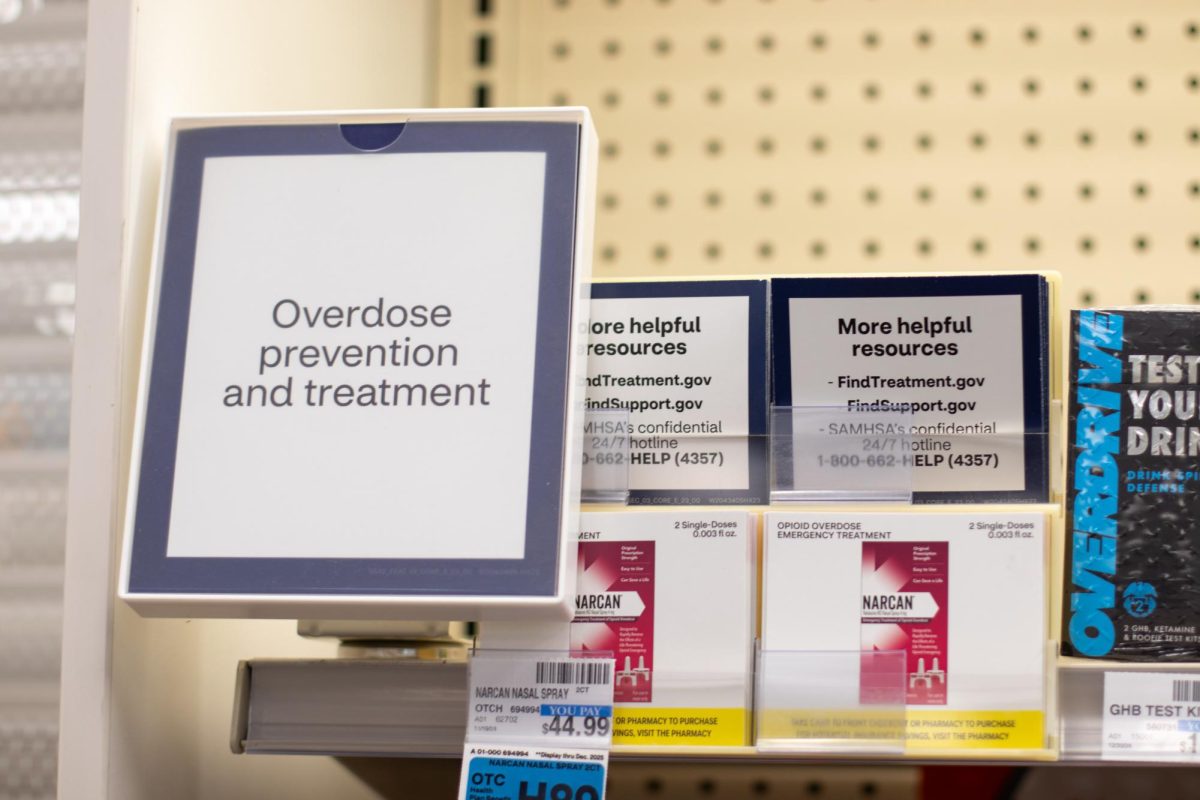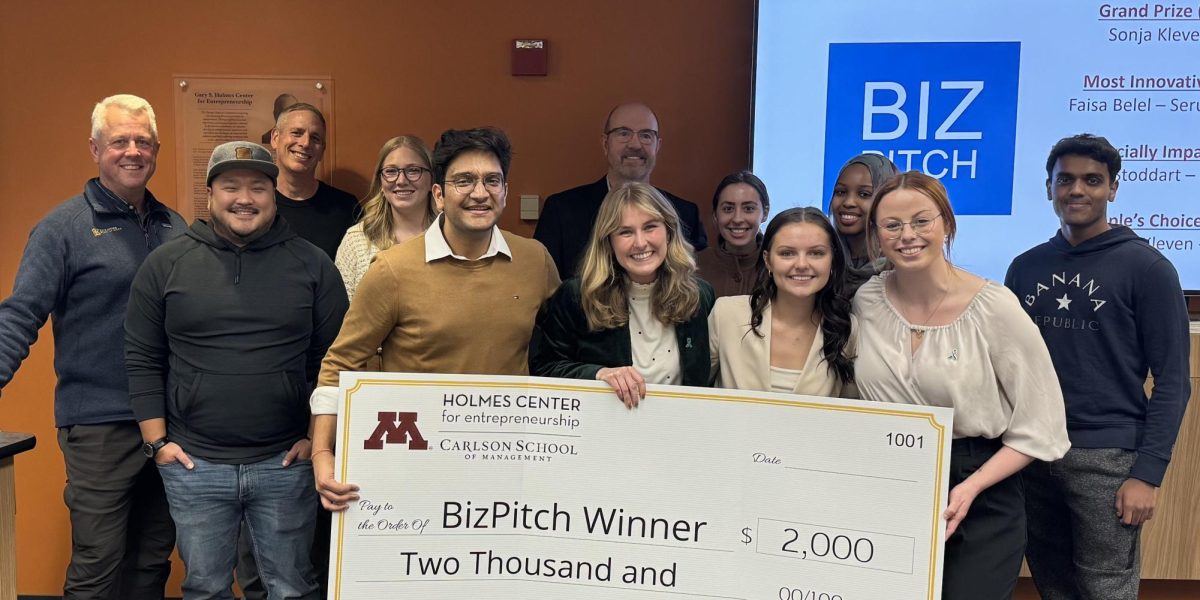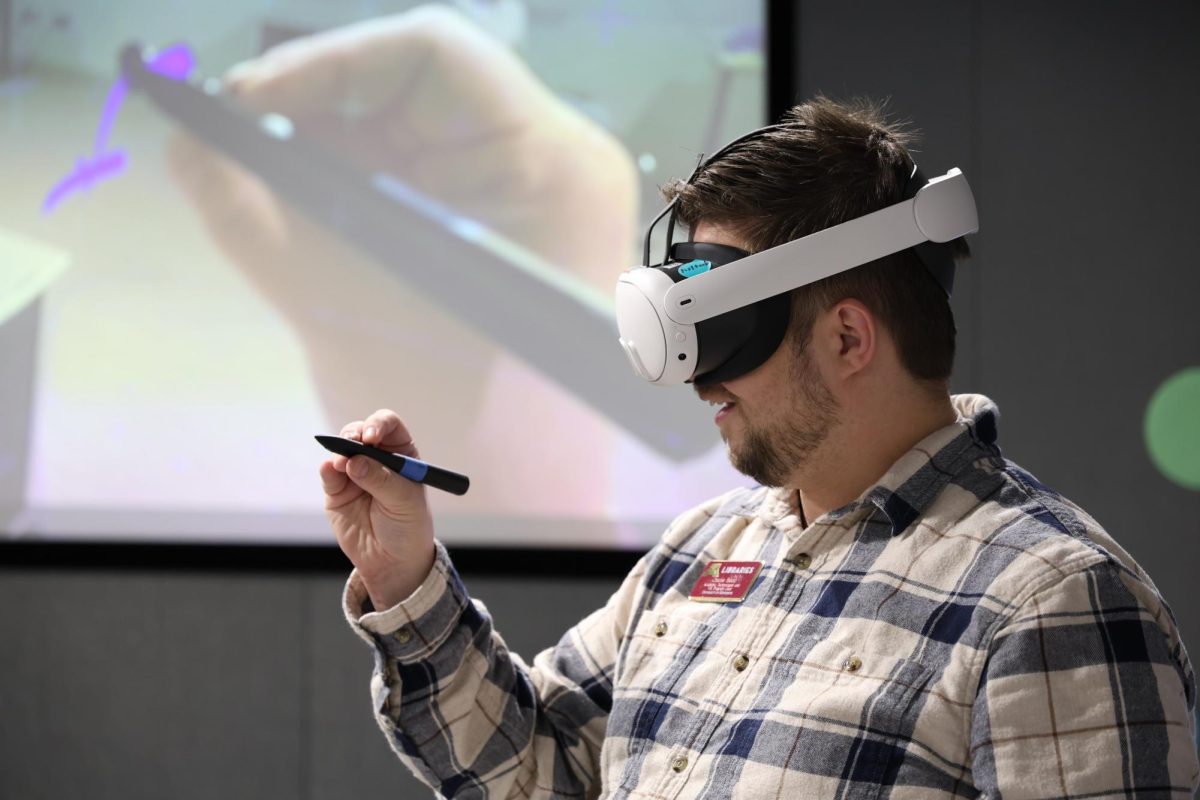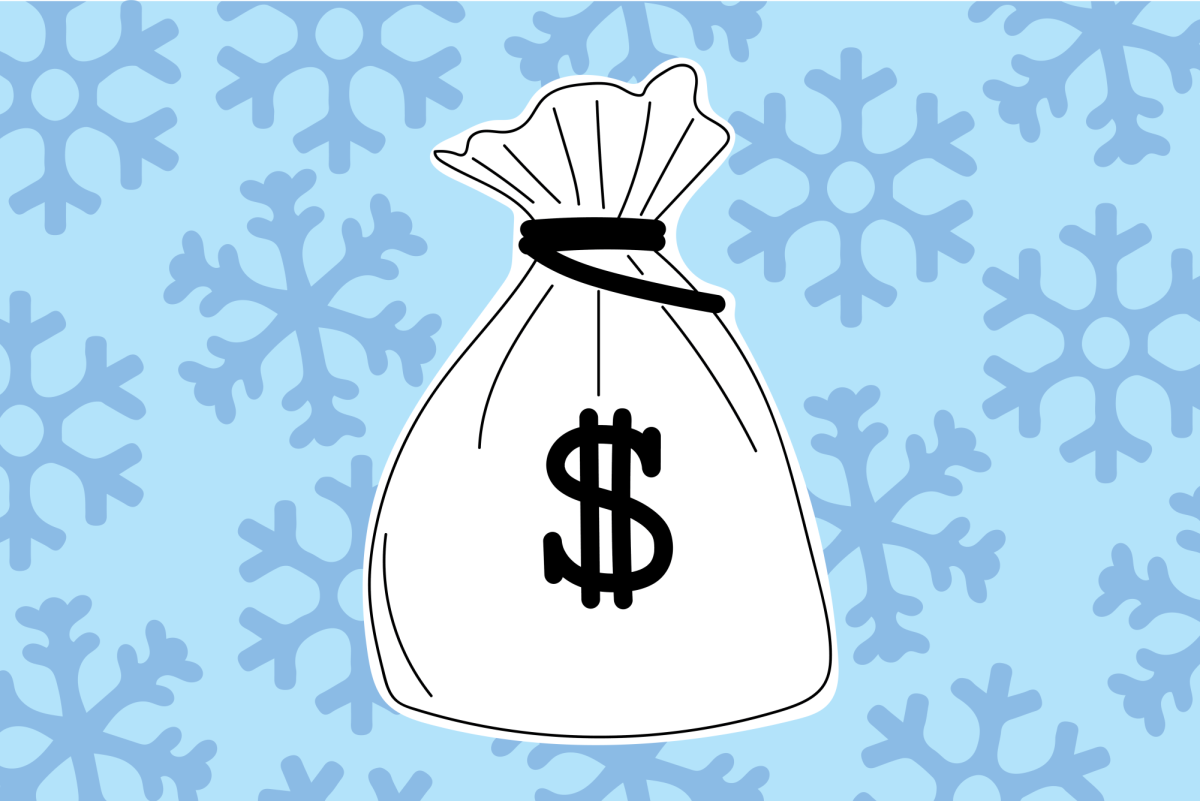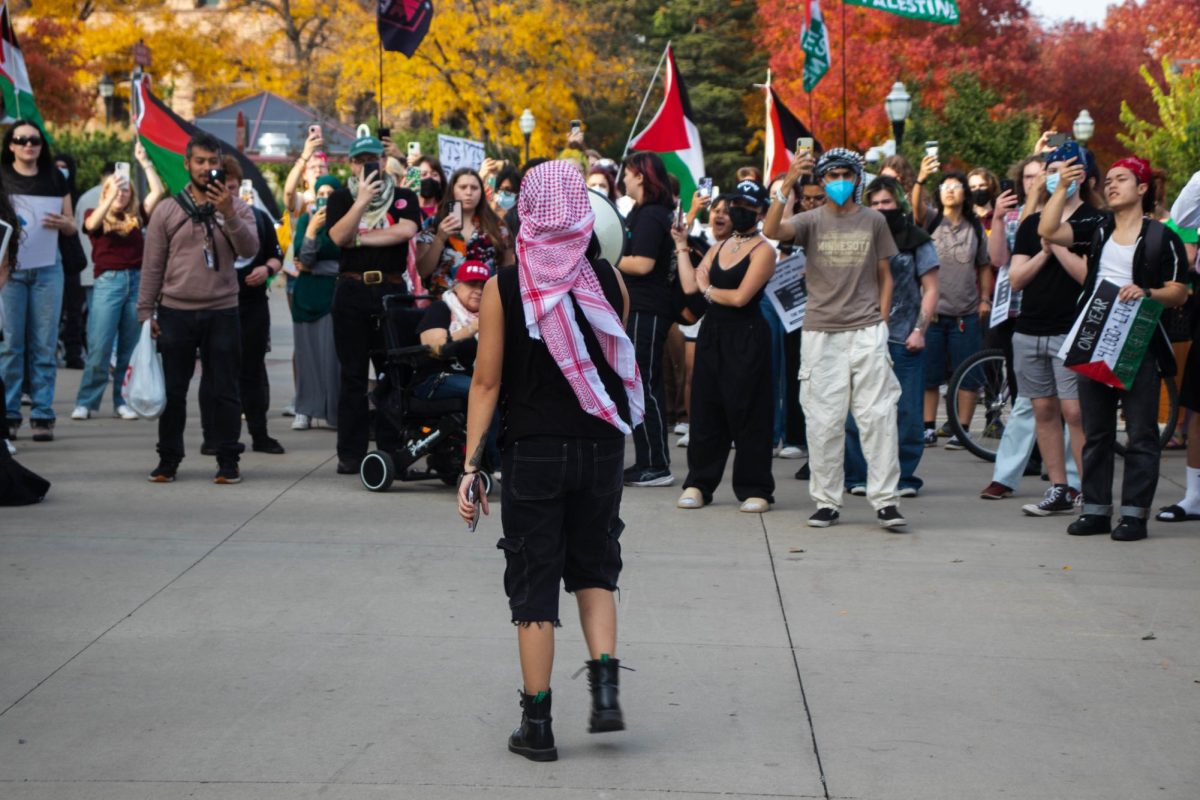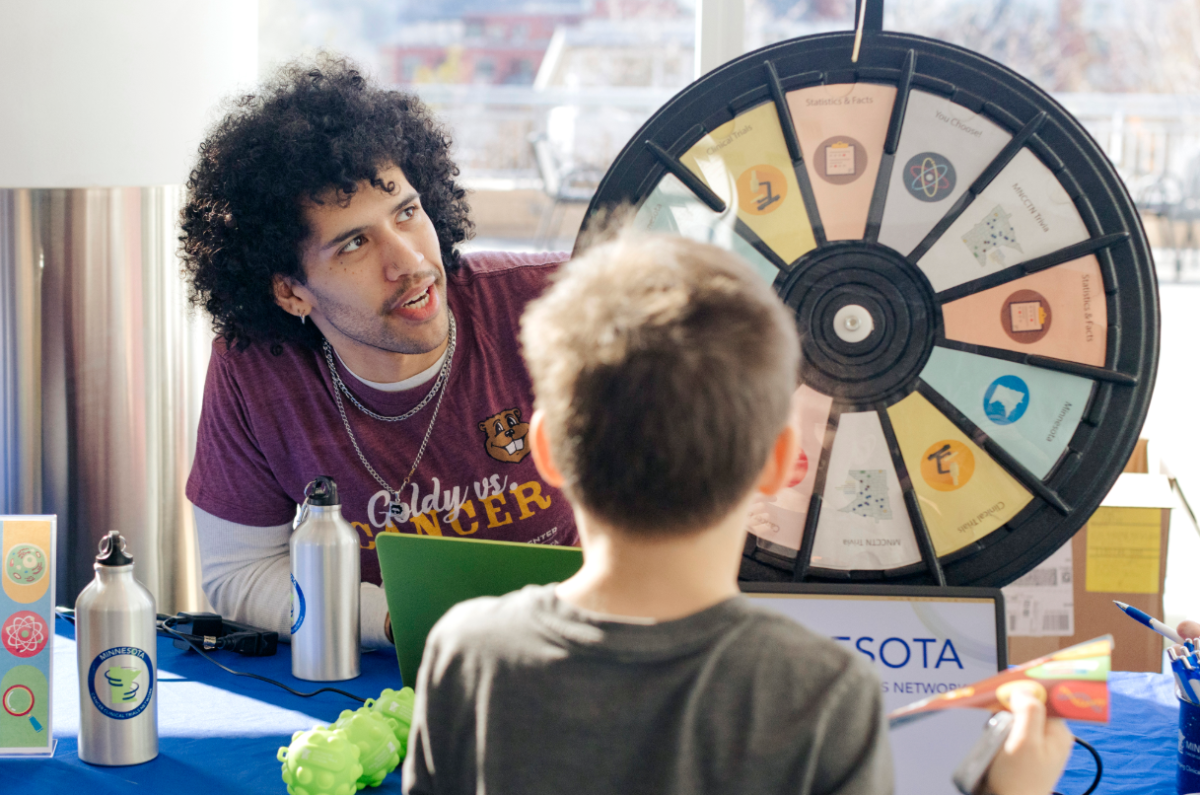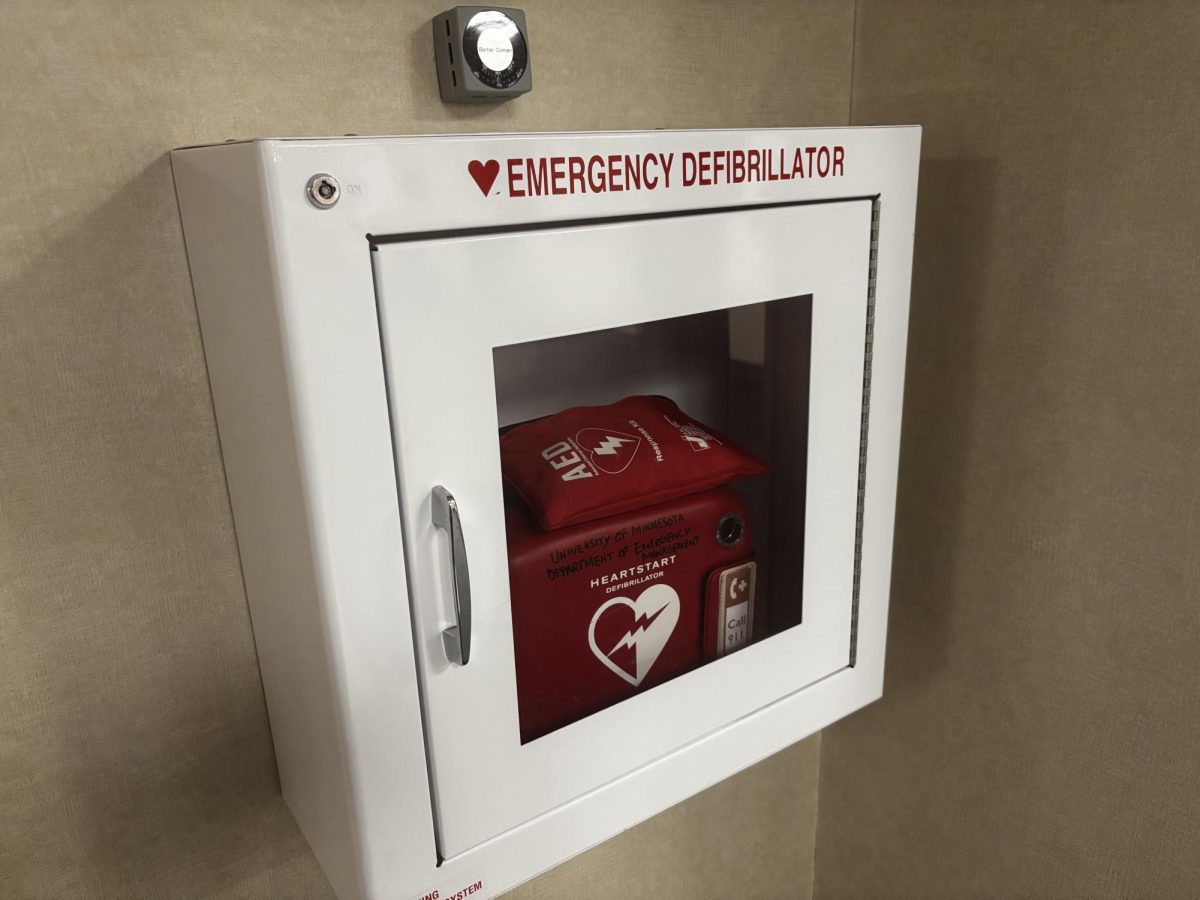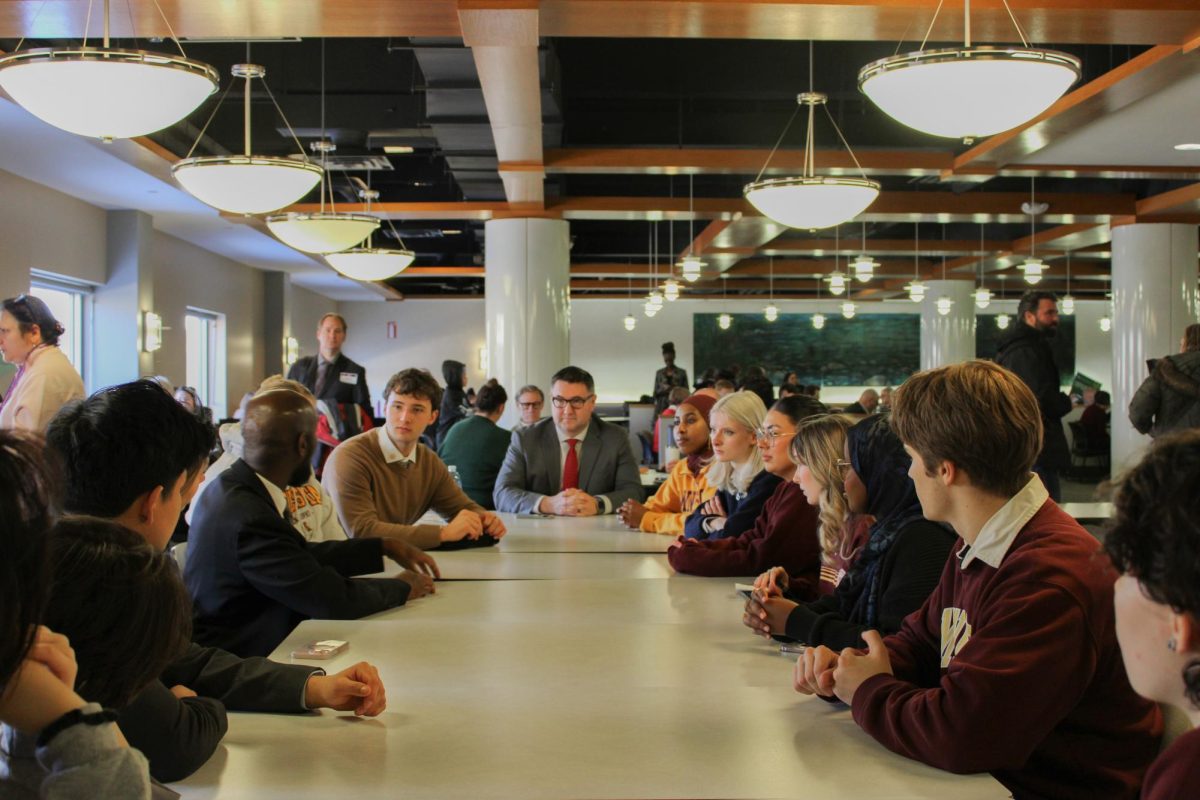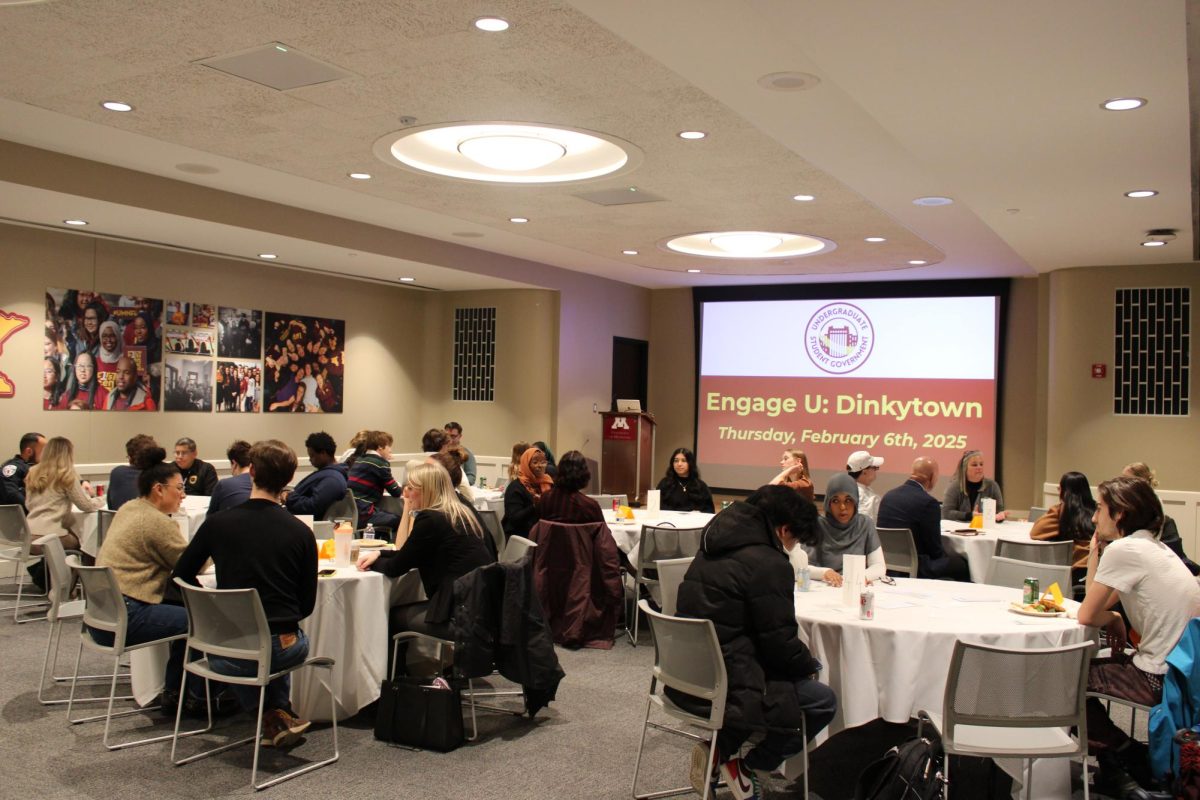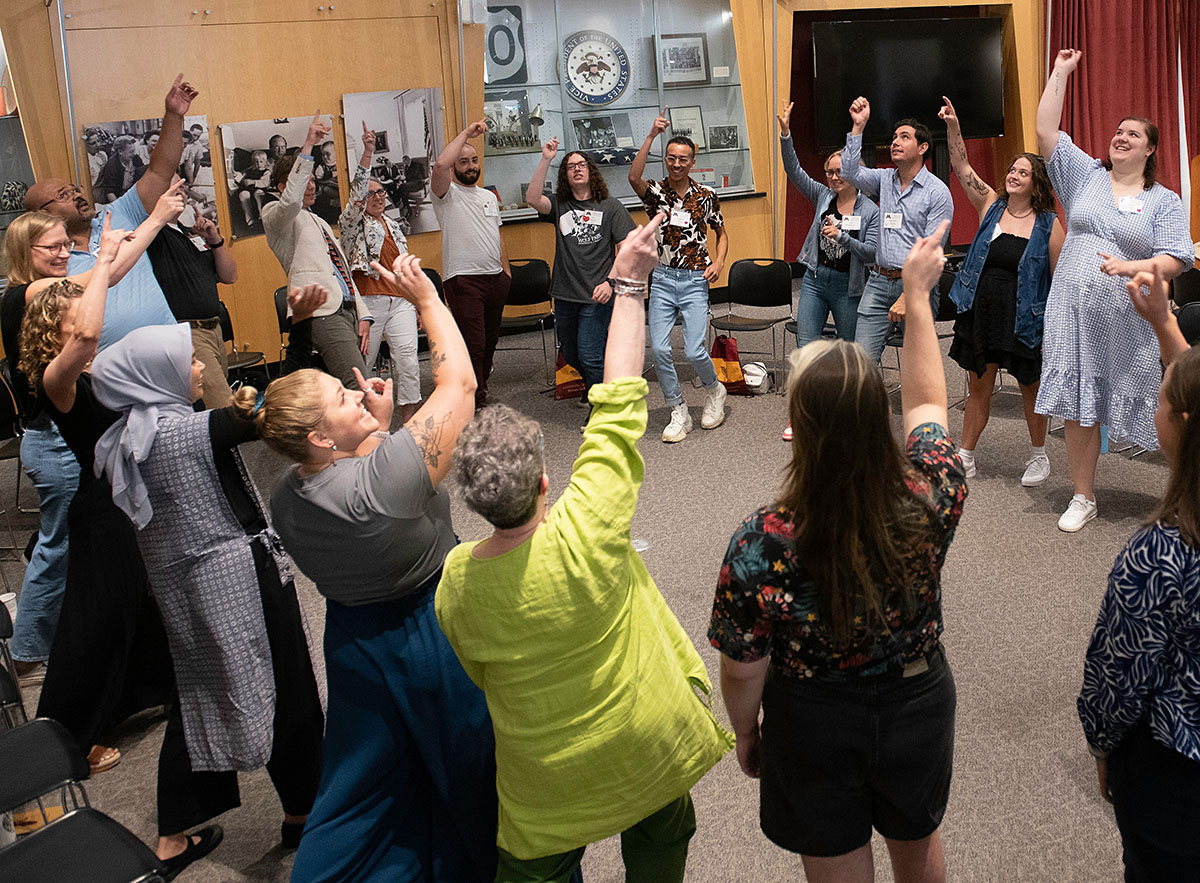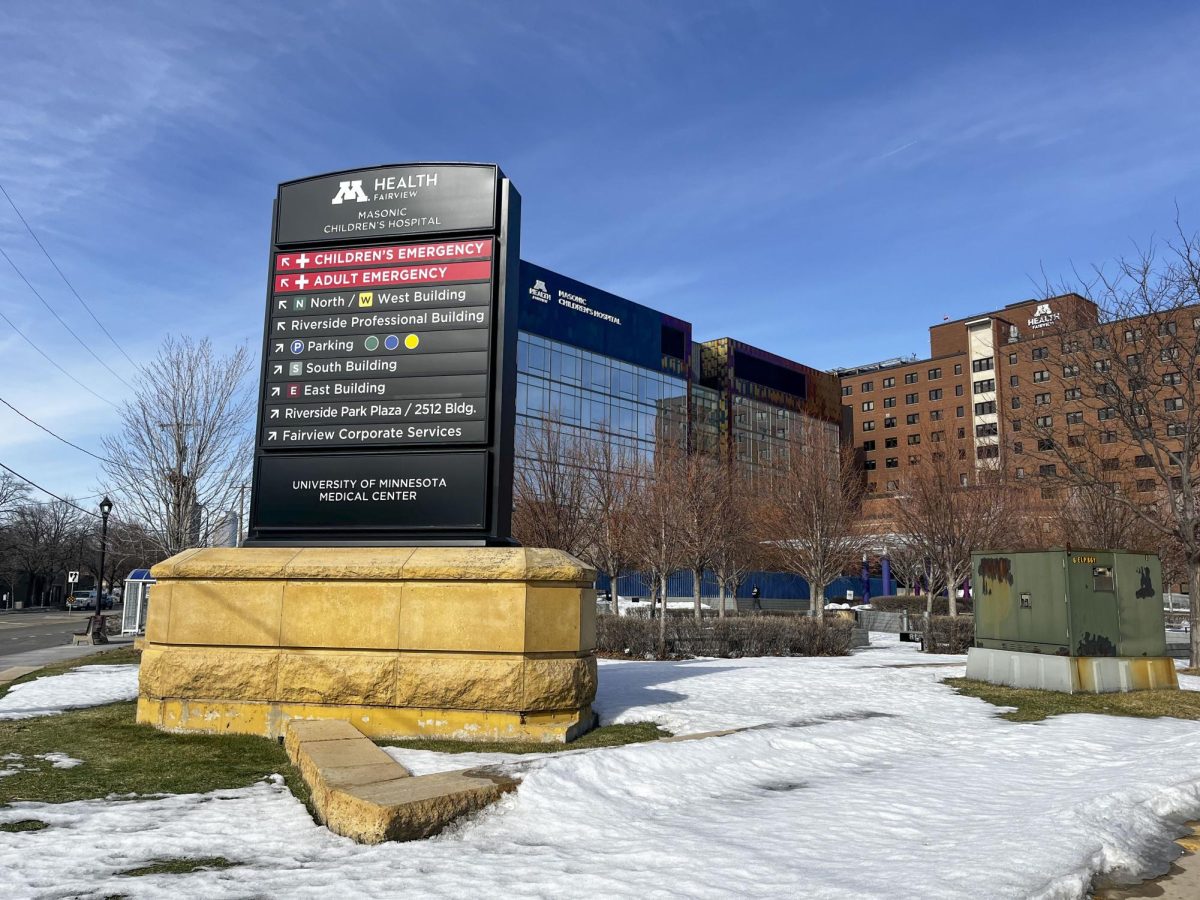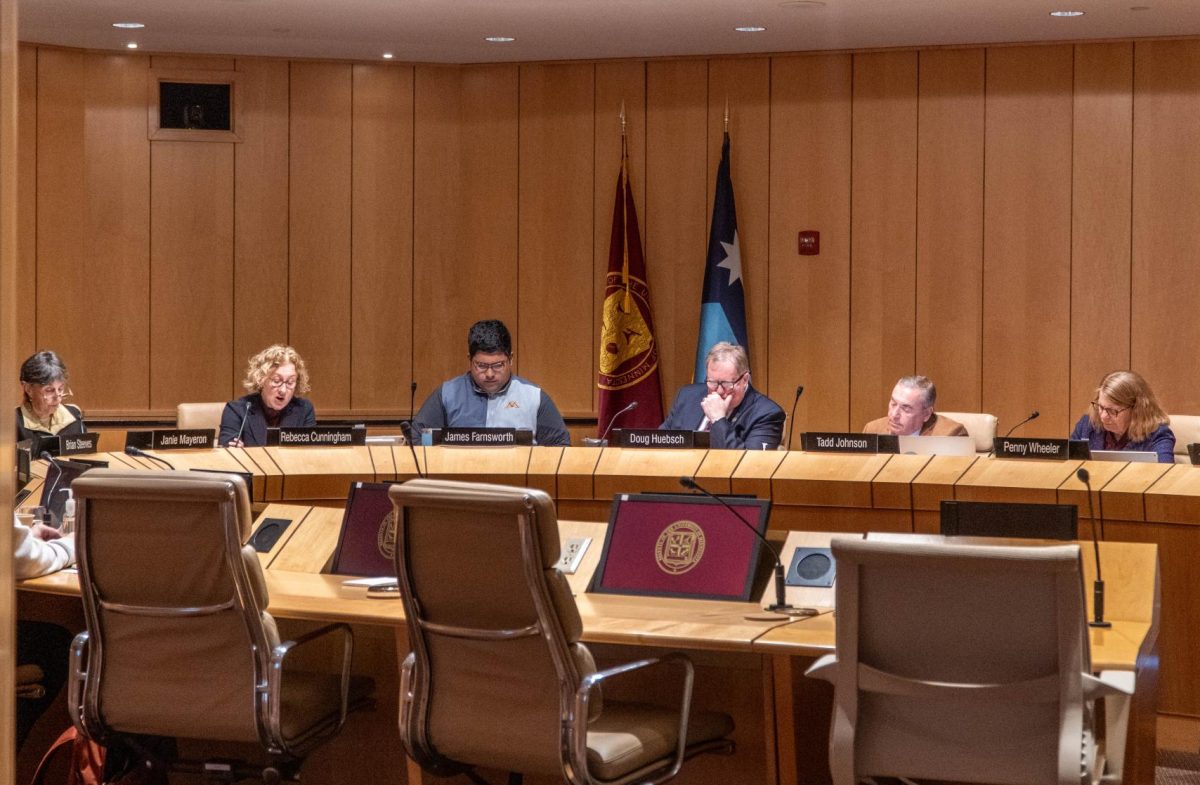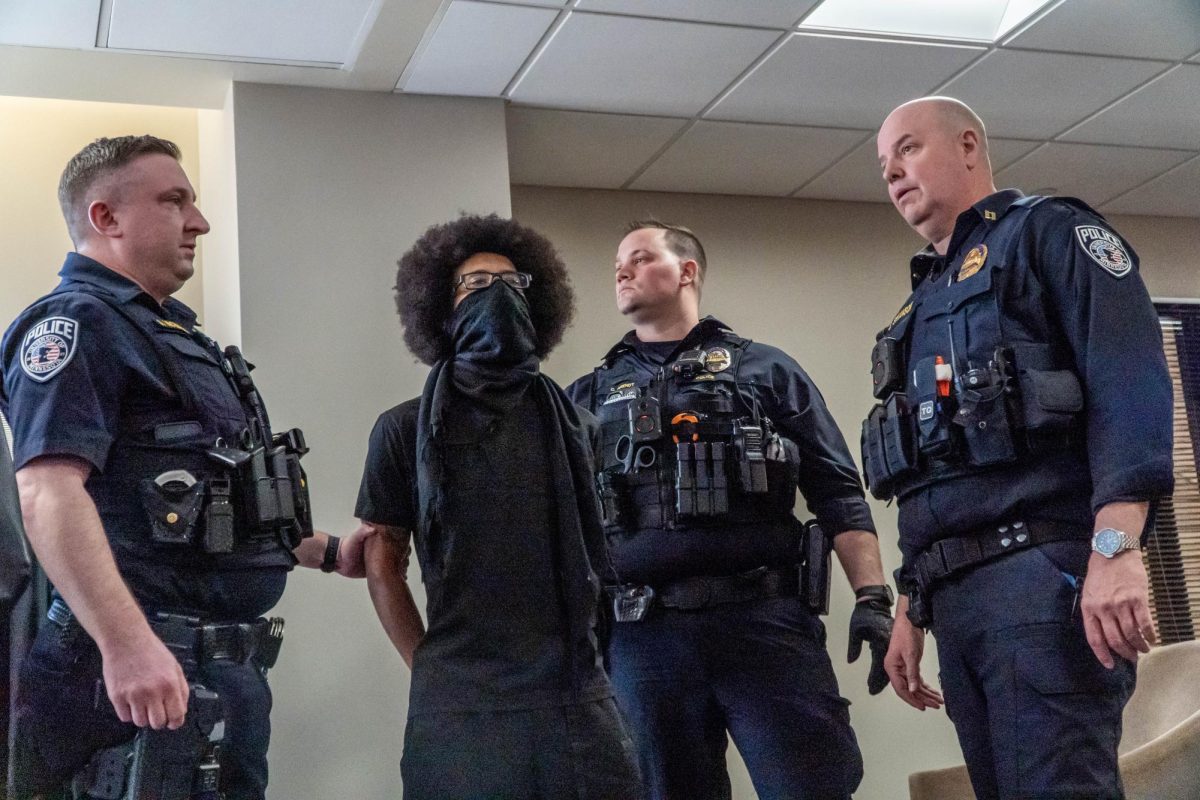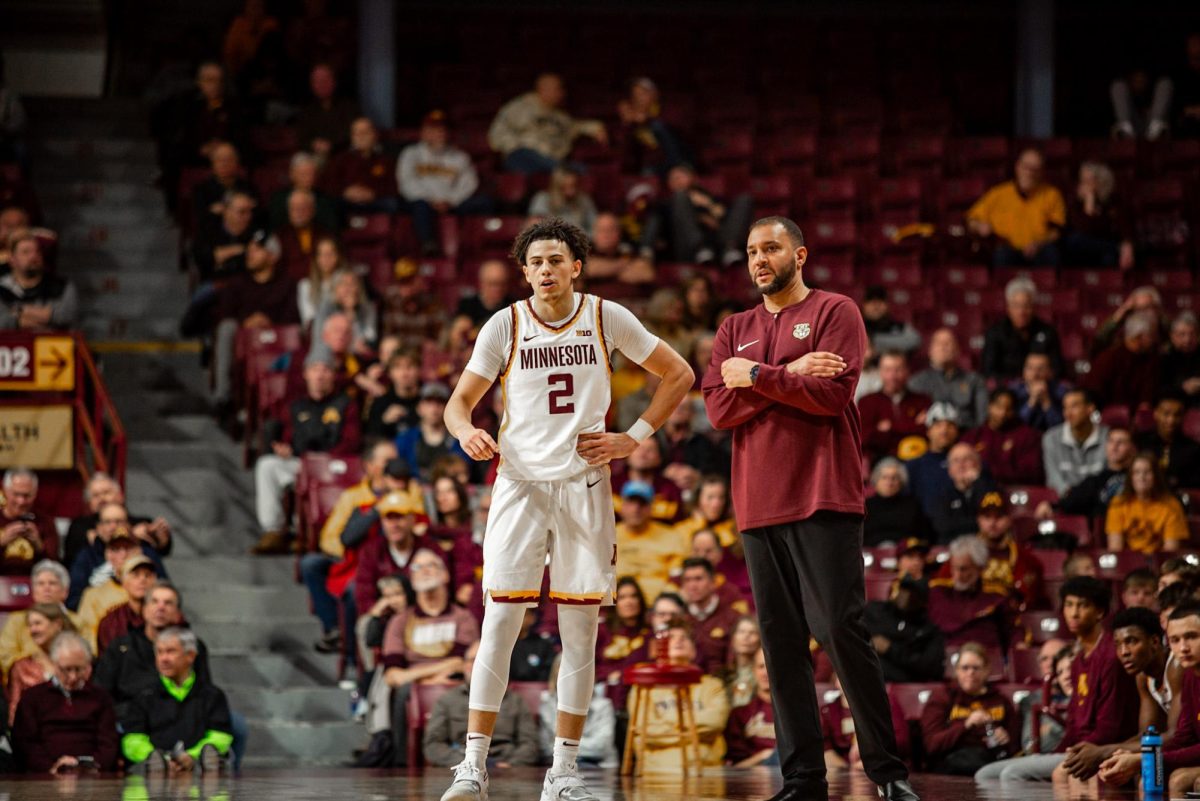The University of Minnesota’s Undergraduate Student Government (USG) specialized committees are working to expand healthcare on campus to improve accessibility for students and make the campus as healthy as possible.
USG’s Student Life and Wellbeing Committee is working to make free Narcan available on campus to reverse opioid overdoses, while the Public Health and Prevention Committee is working to bring pharmacy vending machines to campus.
Student Life and Wellbeing Committee Director Addie Sweeney said USG’s goal is to have five free Narcan locations set up by the end of spring and to expand to 25 locations by the fall semester.
Narcan, the nasal version of naloxone, is an over-the-counter drug used for the emergency treatment of opioid overdoses, including fentanyl and heroin. Narcan is non-harmful if it is administered to someone who is not overdosing.
Sweeney said Narcan nasal spray will be supplied in the form of emergency naloxone boxes on campus. The boxes will look very similar to the University of Wisconsin Madison’s naloxone boxes which were introduced in October 2022, she added.
Sweeney said she and her team are working with Boynton Health, the Health Emergency Response Office (HERO) and the Minnesota Substance Use and Community Health Lab (MN-SUCH) to bring the free Narcan boxes to campus.
According to Sweeney, the goal is to have boxes with Narcan nasal spray in Coffman Union, the St. Paul Student Center, the West Bank Skyway area, Appleby Hall and outside Boynton.
Sweeney said she hopes the initiative can get more funding during the state legislative season so it can be included in all higher education buildings. She added although there is a small percentage of students doing opiates, people will feel safer having Narcan with them since they are in a metropolitan area.
“Even if there’s a lot of people who like to smoke marijuana or something, you never know what things could be laced with nowadays, and fentanyl has been a big talk, because even very, very small doses of that could cause an overdose and could be really detrimental for students here,” Sweeney said. “And you know, this is just something that you can keep in your backpack and potentially save a life.”
Median monthly overdose deaths increased 109% from 2019 to 2021 in the U.S. among youth from 10 to 19 years old, according to the CDC .
There were 11,506 non-fatal drug overdose hospital visits in Minnesota in 2021, and 1,003 Minnesotans died due to opioid overdoses in 2023, according to the Minnesota Department of Health.
Sweeney said everyone should have access to Narcan. The price of nasal Narcan is $44.99.
“The nasal Narcan is still like $50 over the counter, which is just not realistic for students at all,” Sweeney said. “I mean, ask anybody here any student who wants to spend $50 on something, even if it’s like a life-saving medication.”
Sweeney said she is excited to see what the timeline is for the boxes and is hopeful something can be put into action soon to ensure the students are well-informed about what the naloxone boxes are and what they have access to.
USG Public Health and Prevention Committee Director Jenna Monday said she has been talking with Boynton and University Vending Services to advocate for the vending machines.
Monday said she got the idea for the vending machines after seeing other schools with similar programs. Several Big Ten schools have implemented health and wellness vending machines, including the University of Michigan, Michigan State University and Purdue University.
Monday said since the Boynton pharmacy is only open weekdays from 7:00 a.m. to 4:00 p.m., having vending machines in residence halls and different places around campus will extend the healthcare accessibility on weekends or at night.
Monday said the vending machines will include over-the-counter products you can get from the Boynton Pharmacy, including Dayquil, Nyquil, Benadryl and basic cold medicine for stomach aches. These will be offered at a reduced price.
“The whole point is to get these lower priced products available to students,” Monday said.
According to Monday, there is a disconnect between Boynton resources and students being able to use them.
“I think one of those areas of disconnect is communication, whether it’s like someone needs to communicate about these resources to students, or students don’t really know where to look for them,” Monday said. “So kind of just bridging that gap, that’s kind of one thing we hope to do with either a round table or creating a more centralized resource place so students can kind of see, oh, here are my options.”
Monday said there is not a set timeline for when the project will be completed, though it will likely take a long time. All the parties involved are still trying to figure out if the vending machine is something that can actually happen, she added.
“Right now we’re kind of on a little bit of a lull, just waiting to see if this is possible,” Monday said. “We’re just gonna keep having conversations with the people at Boynton and the people at the university to keep saying this is something that has helped students at other schools. We think this is something that the University of Minnesota students will really benefit from.”


